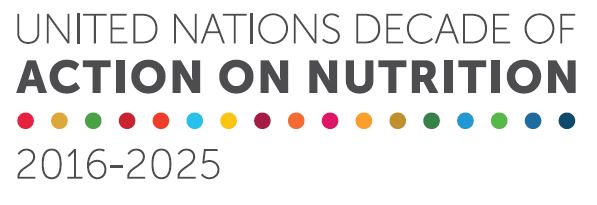United Nations’ General Assembly proclaims a Decade of Action on Nutrition
The world’s population is facing important struggles related to dietary transitions and a higher prevalence of non-communicable diseases1. Increasing fruit and vegetable intake from the earliest possible age is a key pillar of a healthy diet in terms of preventing certain chronic diseases.
There is also increasing evidence showing that such conditions come from an early stage of metabolic growth (preconception), closely linked to nutritional conditions throughout the foetal life2. It is crucial to formulate preventive public health initiatives to boost health standards, from pregnancy onwards as well as promoting nutrition among young children3.
The United Nations’ General Assembly proclaimed the 2016-2025 period “Decade of Action on Nutrition” in order to turn political commitment into tangible actions. Regarding upcoming campaigns scheduled for the coming years, those targeting the first 1,000 days of life are being prioritised. Likewise, a special importance is given to campaigns aiming to help parents in making appropriate consumption choices (particularly based on fruit and vegetables) as part of dietary choices we make from the earliest stage. The challenge that parents face is to provide their children a healthy diet day in, day out, who are learning in fine to dislike healthy food in the process of growing up.
References
- Lim S S et coll 2012. « A Comparative Risk Assessment of Burden of Disease and Injury Attributable to 67 Risk Factors and Risk Factor Clusters in 21 Regions, 1990–2010: A Systematic Analysis for the Global Burden of Disease Study 2010 », The Lancet 380
- Hanson, M. A., et P. D. Gluckman. 2015. « Developmental Origins of Health and Disease–Global Public Health Implications ». Best Practice & Research. Clinical Obstetrics & Gynaecology 29
- Barker et coll 2013. « Developmental Biology: Support Mothers to Secure Future Public Health », Nature 504 (7479)
